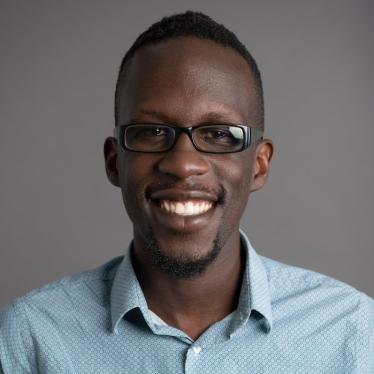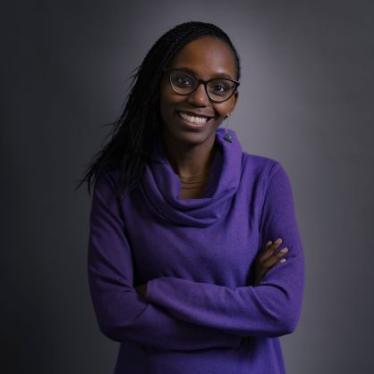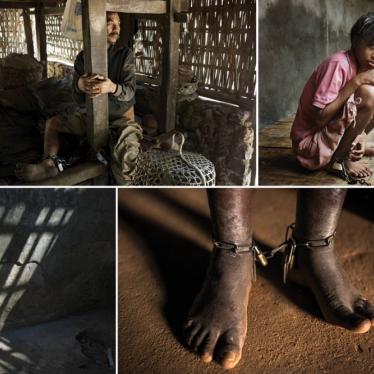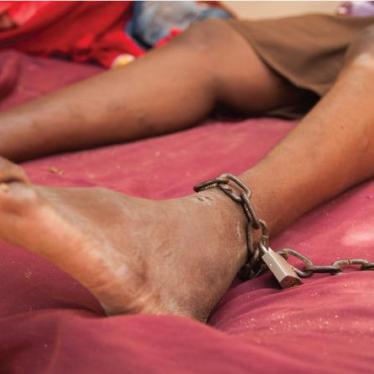This week, Uganda’s appeals court is set to hear an important case on a government hospital’s use of seclusion and restraints on people with psychosocial disabilities.
In 2015, Benon Kabale, a human rights and mental health care reform activist, together with the Centre for Human Rights and Development (CEHURD), sued the government for restraining and keeping people with psychosocial disabilities in seclusion rooms in mental health facilities. They urged the court to declare this treatment a violation of fundamental human rights guaranteed by Uganda’s constitution.
The case followed Kabale’s seclusion at Butabika hospital, Uganda’s national referral mental health hospital, first in 2005 and again in 2010. The first time, workers at the hospital wrestled him to the ground, injected him with something and undressed him. He woke up naked, in a sealed, dark, cold, and soundless room with no ventilation, bedding, or toilets. He was kept there totally alone for over 24 hours.
In 2018, the high court ruled against Kabale, stating that his seclusion did not violate his rights. Disturbingly, the judge dismissed his testimony, saying “it is not believable that he could have recalled all that he went through” because Kabale had admitted to experiencing a mental health crisis. The judge thus reinforced an often-held but incorrect belief that people with psychosocial disabilities cannot be competent witnesses. Kabale and CEHURD appealed.
The Ugandan government passed in December 2018 the Mental Health Act, which legalizes seclusion in mental health facilities. There is, however, a growing consensus among international agencies, including the World Health Organization (WHO), that coercive practices in mental health treatment exacerbate trauma and hinder proper recovery pathways. These treatments also present significant challenges in respecting individuals' right to make decisions about their own health treatment, a fundamental component of the right to health.
Kabale expressed to Human Rights Watch his hope that, this time, the court will issue rulings that abolish coercive treatments, including seclusion, thereby protecting the dignity and inherent rights of people with psychosocial disabilities.
The Court of Appeal in adjudicating this case has a chance to vindicate the right of people with psychosocial disabilities to informed consent to treatment in medical facilities. But independently of how the court rules, the Ugandan authorities should ban the use of coercion in mental health treatment, including seclusion and restraint in medical facilities.









